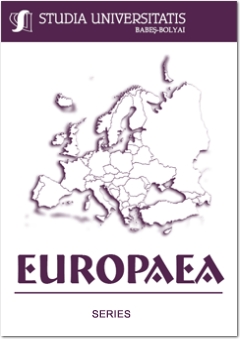Author(s): Mirsad Priganica / Language(s): Bosnian
Issue: 04/2003
The impact of Rawl’s political theory on contemporary political philosophy is enormous. Although his liberal political thinking is markedly utopian, in the light of his quite artificial notion of an “original position,” in this essay I fully defend the view that Rawl’s political project provides us with powerful, valuable, profound and far-reaching insights into how to resolve nationalist, religious, ideological and other political disagreements and disputes (how to “live together”), particularly in societies that are not well ordered, or at least “decent.”
The essay comprehensively discusses and argues his famous notions of the “difference principle,” “reflective equilibrium,” “rational intuitionism,” an “overlapping consensus,” “modus vivendi” solutions (“compromises imposed by circumstances”), “balance of reasons” and so on.
I underline the immense, crucial and urgent importance of establishing civil society, deliberative democracy and political morality in the sense of liberal tradition.
I also address the role and character of the contemporary state (the relationship between the State, the individual and the collective).
Finally, there is a heavy emphasis on the precedence of law, meaning that in liberal societies ideas of the “good” must be predominantly political, not comprehensive.
More...




